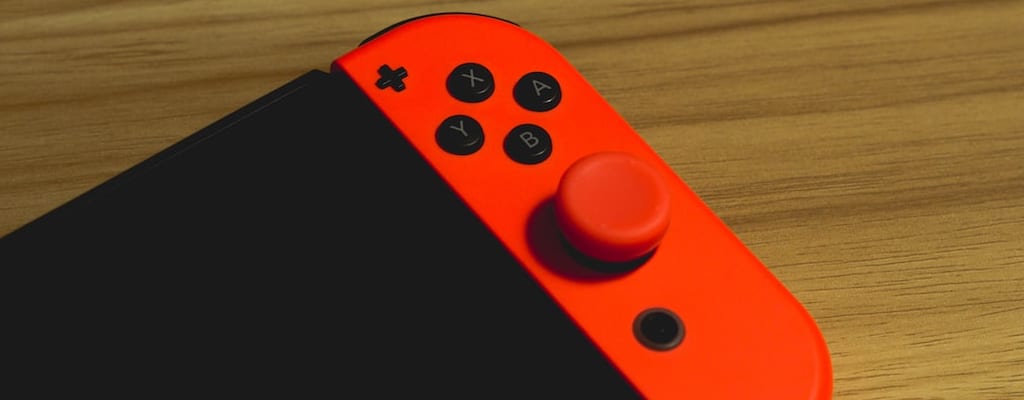play chicken: Idiom Meaning and Origin
What does ‘play chicken’ mean?
The idiom "play chicken" refers to a dangerous game or situation in which two or more people or vehicles, driven by a desire to prove their bravery or dominance, deliberately approach each other in a head-on collision course, waiting until the last moment to back down or swerve. The purpose is to see who will "chicken out" first and avoid the collision.

Idiom Explorer
The idiom "walk on eggshells" means to proceed with extreme caution and sensitivity in order to avoid upsetting or angering someone.
The idiom *run around like a chicken with its head cut off* means to act in a frantic, disorganized manner, typically due to panic or confusion.
The idiom "play it cool" means to remain calm and composed in a situation, especially when feeling nervous or under pressure. It involves maintaining a nonchalant or unaffected attitude to hide one's true emotions or intentions.
The idiom "play hooky" means to skip school or work without permission or a valid reason.
The idiom "play hob with" means to cause trouble or disruption, often leading to negative consequences or difficulties.
The idiom "play hardball" means to act aggressively, ruthlessly, or without compromise, typically in a competitive or confrontational situation.
The idiom "play games" means to behave in a deceptive or manipulative way, often for personal gain or advantage.
The idiom "play for time" means to delay taking action in order to gain more time or to avoid making a decision immediately.
The idiom "play first fiddle" means to have the dominant or leading role in a situation or group.
The Brink of Disaster
The phrase "play chicken" is a commonly used expression in American English. It refers to a risky or dangerous situation where individuals or groups engage in a game of chicken. This game involves a contest of nerve and courage, where each participant attempts to outdo the other by demonstrating a greater willingness to endure danger or irresponsibility. It can be metaphorically used to describe high-stakes confrontations with potentially disastrous consequences.
The origins of the idiom "play chicken" can be traced back to the early 20th century in the United States. The term "chicken" has long been used as slang for someone lacking courage or acting cowardly. In the 1950s, the phrase "play chicken" emerged and became associated with reckless teenage behavior.
One theory suggests that the phrase originated from a dangerous game of chicken involving cars. In this game, two drivers would drive towards each other at high speeds, and the first to swerve or brake would be considered the "chicken" or the coward. Another theory proposes that the idiom may have been derived from earlier games such as "chicken-fighting" or "cockfighting," where two animals would fight until one backed down.
Over time, "play chicken" has evolved to encompass a wider range of scenarios beyond its literal origins. It now serves as a metaphor for situations where individuals or groups take unnecessary risks or engage in reckless behavior to prove their courage. This can occur in political standoffs, negotiations, business strategies, or even personal relationships. The participants try to outdo each other in terms of audacity or brinkmanship, often at the expense of their own safety or the well-being of others.
The idiom "play chicken" has become deeply ingrained in American vernacular and has found its way into various forms of popular culture. It is frequently used in movies, television shows, and literature to depict tense confrontations or standoffs. The phrase carries connotations of a test of wills, where the participants are willing to push the boundaries of acceptable behavior to achieve their objectives.
An idiom related to "play chicken" is "chicken out." This idiom is used to describe someone who retreats from a risky or dangerous situation out of fear or lack of courage. When faced with a challenge, they "chicken out" and choose not to proceed. In the context of "play chicken," it could refer to one of the participants deciding to back down at the last moment to avoid a potential collision or negative outcome.
Another related idiom is "run around like a chicken with its head cut off." This expression is used to describe someone who is in a state of panic or disarray, appearing to act without purpose or direction. In the context of "play chicken," it can describe the frantic actions of individuals or groups as they engage in reckless behavior or make impulsive decisions under the pressure of the confrontation.
"play for time" is another idiom related to "play chicken." It refers to the act of using delaying tactics or strategies to buy additional time. In the context of the game of chicken, one of the participants may employ this tactic by stalling or prolonging the confrontation, hoping that the other party will back down or reconsider their course of action.
The final idiom related to "play chicken" is "play games." This expression is used to describe someone who engages in manipulative or deceptive behavior for their own gain. In the context of "play chicken," it could refer to one of the participants using tactics such as bluffing or psychological warfare to try to gain an advantage over the other party.
Overall, the idiom "play chicken" captures the essence of daring and risk in various situations. It symbolizes the thrill and potential danger that can arise when individuals or groups push the limits of their courage and engage in high-stakes confrontations. Whether in the realm of cars or in broader social contexts, the game of chicken serves as a vivid metaphor for the complexities of human behavior and the delicate balance between assertiveness and foolishness.
Example usage
Examples of the idiom "play chicken" used in sentences:
- John and Tim were driving towards each other at high speed, both refusing to change lanes. They were playing chicken to see who would swerve first.
- In the negotiation, both parties were playing chicken, waiting for the other side to make a concession.
- The two political candidates were engaged in a heated debate, each trying to make the other back down. It was like a game of chicken.
More "Games" idioms



